Mental health assessment and diagnosis
Mental health assessment and diagnosis
Mental assessment and diagnosis involve evaluating an individual’s mental health to identify any psychological conditions or concerns. This process is essential for understanding a person’s emotional, cognitive, and behavioral functioning and for determining the most effective treatment plan.
Mental Assessment
Mental assessment is a comprehensive evaluation that may include:
- Clinical Interviews: A conversation between the individual and a mental health professional to gather information about symptoms, history, and current challenges.
- Psychological Testing: Standardized tests or questionnaires to assess cognitive abilities, personality traits, or specific mental health conditions.
- Behavioral Observations: Monitoring how an individual behaves in different situations to identify patterns or concerns.
- Medical and Family History: Reviewing physical health and family mental health history to identify potential contributing factors.
- Mental Status Examination (MSE): A structured assessment of an individual’s appearance, mood, thought processes, memory, and more.
Diagnosis
Diagnosis involves identifying specific mental health conditions based on the assessment findings. Mental health professionals use standardized classification systems like the DSM-5 (Diagnostic and Statistical Manual of Mental Disorders) or ICD-10 (International Classification of Diseases) to ensure consistency and accuracy.
Why It Matters
A thorough mental assessment and accurate diagnosis are critical for:
- Understanding the root causes of symptoms.
- Developing a personalized treatment plan.
- Monitoring progress and adjusting interventions as needed.
If you’d like, I can provide more details about specific assessment methods or how mental health conditions are diagnosed!
What is some common diagnosis treated
Here are some common mental health diagnoses that are frequently treated:
- Anxiety Disorders
- Generalized Anxiety Disorder (GAD)
- Panic Disorder
- Social Anxiety Disorder
- Specific Phobias
- Mood Disorders
- Major Depressive Disorder
- Bipolar Disorder
- Seasonal Affective Disorder (SAD)
- Obsessive-Compulsive and Related Disorders
- Obsessive-Compulsive Disorder (OCD)
- Body Dysmorphic Disorder
- Trauma- and Stressor-Related Disorders
- Post-Traumatic Stress Disorder (PTSD)
- Acute Stress Disorder
- Neurodevelopmental Disorders
- Attention-Deficit/Hyperactivity Disorder (ADHD)
- Autism Spectrum Disorder (ASD)
- Eating Disorders
- Anorexia Nervosa
- Bulimia Nervosa
- Binge-Eating Disorder
- Substance-Related and Addictive Disorders
- Alcohol Use Disorder
- Drug Use Disorders
- Gambling Disorder
- Personality Disorders
- Borderline Personality Disorder
- Narcissistic Personality Disorder
- Antisocial Personality Disorder
- Psychotic Disorders
- Schizophrenia
- Schizoaffective Disorder
- Sleep-Wake Disorders
- Insomnia Disorder
- Sleep Apnea
These conditions are often treated through a combination of therapy, medication, lifestyle changes, and support systems. If you’d like to explore any of these diagnoses or their treatments in more detail, let me know!
What are some treatment modalities for mental health disorders
There are several effective treatment modalities for mental health disorders, each tailored to address specific conditions and individual needs. Here are some common approaches:
- Psychotherapy (Talk Therapy)
- Cognitive Behavioral Therapy (CBT): Focuses on identifying and changing negative thought patterns and behaviors. Effective for anxiety, depression, and more.
- Dialectical Behavior Therapy (DBT): A form of CBT that emphasizes emotional regulation and mindfulness, often used for borderline personality disorder.
- Psychodynamic Therapy: Explores unconscious thoughts and past experiences to address current issues.
- Interpersonal Therapy (IPT): Focuses on improving relationships and communication skills.
- Medication
- Antidepressants: For depression and anxiety disorders.
- Mood Stabilizers: For bipolar disorder.
- Antipsychotics: For schizophrenia and other psychotic disorders.
- Anxiolytics: For anxiety and panic disorders.
- Group Therapy
- Provides a supportive environment: Where individuals with similar challenges can share experiences and learn coping strategies.
- Trauma-Focused Therapies
- Eye Movement Desensitization and Reprocessing (EMDR): Helps process traumatic memories.
- Trauma-Focused CBT: Combines CBT techniques with trauma-specific interventions.
- Alternative and Complementary Therapies
- Art or Music Therapy: Encourages self-expression and emotional healing.
- Mindfulness and Meditation: Reduces stress and improves emotional regulation.
- Exercise Therapy: Enhances mood and reduces symptoms of depression and anxiety.
- Lifestyle Interventions
- Incorporating healthy habits: Like regular exercise, balanced nutrition, and adequate sleep to support mental well-being.
- Innovative Therapies
- Ketamine-Assisted Psychotherapy (KAP): Emerging as a treatment for severe depression.
- Neurofeedback: Uses brainwave monitoring to improve mental health.
Each modality can be used alone or in combination, depending on the individual’s needs. Contact IWMHealth to explore any of these therapies and treatment modalities in more detail!

